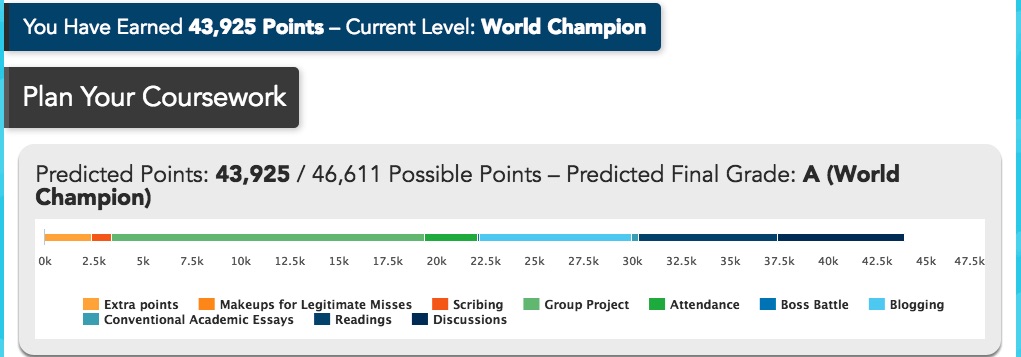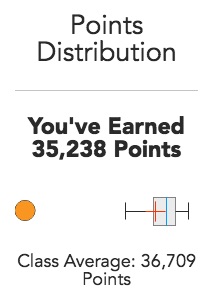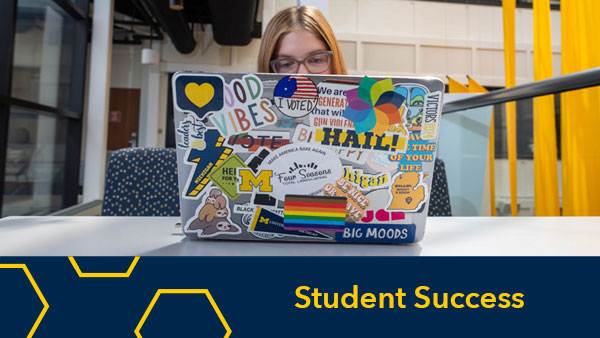Mika LaVaque-Manty, Arthur F. Thurnau Associate Professor of Political Science
@mmanty
This year’s Enriching Scholarship keynote reminded us that new digital tools will be sources of rich data about our students, what they do and how they learn.
If you are like me, you think, “Cool!” But it’s also possible you think, “Holy NSA, Batman! Creepy!” For many, phrases like “rich data profile” evoke images of a manipulative Big Brother. While taking the unease seriously, I will suggest why such data is a valuable component of educational innovation.
We live in a world of datapolitik, as the political theorist Davide Panagia has called it. Our digital footprints are increasingly part of who we are, whether we like it or not. The thing to do is to develop responsible ways of living in that world.
I write as a political theorist who has found himself very invested in learning technologies. I have revised my own teaching, largely because of my research interests in autonomy. My courses try to foster autonomy, getting students to take charge of their own learning.
Data plays an important part. A regular course I teach has 300 students. I eventually get to know most of those students, but I want to know something about them before we begin. To have any meaningful learning objectives, I need to know who I am teaching. So I survey the students for their interests, background, preferences, and whatever else they want to tell me. I use the Academic Reporting Toolkit to get a sense of what other courses they are taking and have taken. During the semester, I keep close track of their choices and performance. This gives me a sense of where the course is going, both as a whole and for different individuals. GradeCraft, a “gameful” gradebook tool, allows me and my GSIs to see quickly where students stand, who might be falling behind, and why. I wish I had even more data, and I’m hoping, for example, that the E2Coach used in STEM courses is soon available more widely.


“OK,” you might say, “that individualizes your 300 students, but what about their autonomy?” Well, the students get much of this data, too. They know how they are doing, where they stand, and, most importantly, they get to play with the data to decide how to move forward in my course: what assignments to tackle and how to weight them. This fosters their autonomy as learners.
Generally, the goal of many DEI initiatives is to share much of the information that we have been collecting with more of our community — students, faculty, staff — for all of us to be better informed in our actions. But we also know that not all data is automatically informative, and important practical and ethical questions about who should know what, when, and how remain. If I know, for example, that a student might be at risk in my course, I might be prepared to help him or her — but some attempts to “help” might do the very opposite. And although Michigan students generally appreciate it when we know them as individuals, some like the anonymity our size makes possible. Starting anew with this professor, without the baggage of an unsuccessful pre-med experience, say, may be the thing that saves someone’s college career. That can also be an autonomous choice, the kind we want to foster. In our use of data we must remember those desires, too.
But since total anonymity is no longer possible, more information — thoughtfully used — is better than less. After all, the sort of “profiling” policies many of us dislike exist because of poor information.


